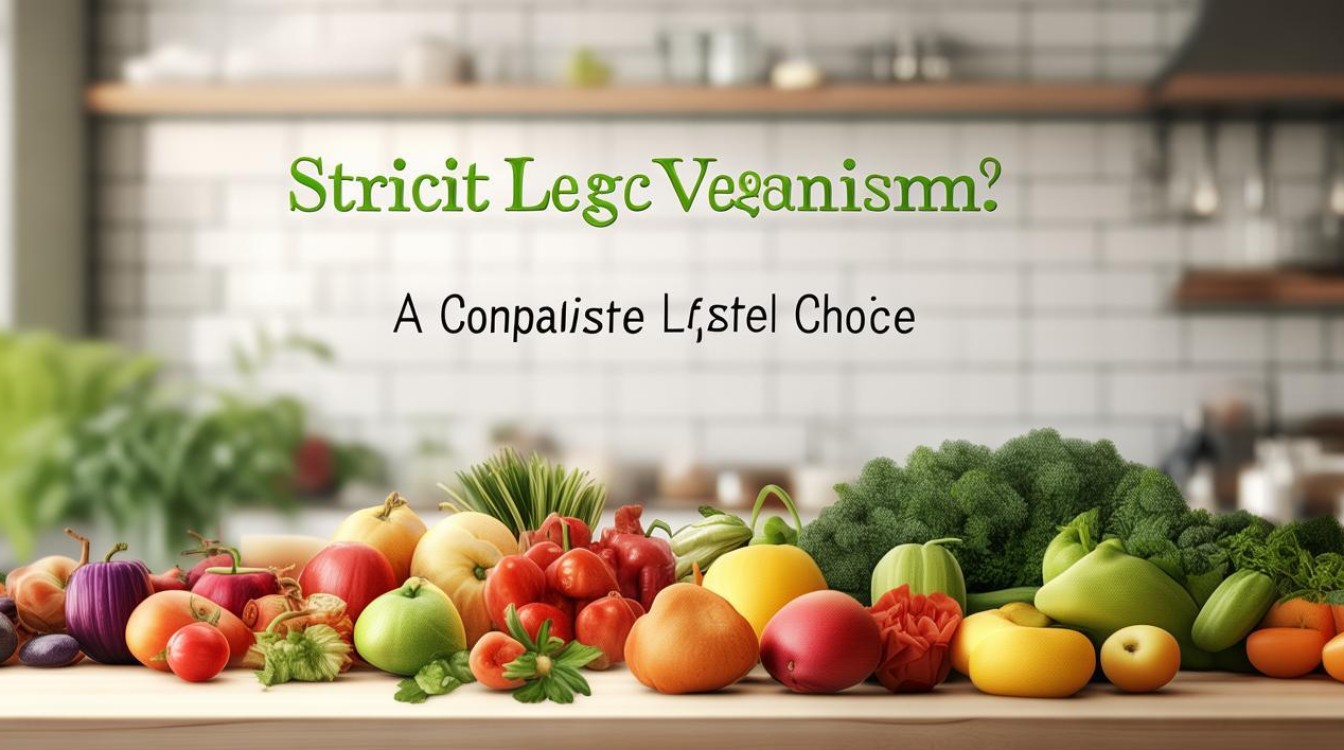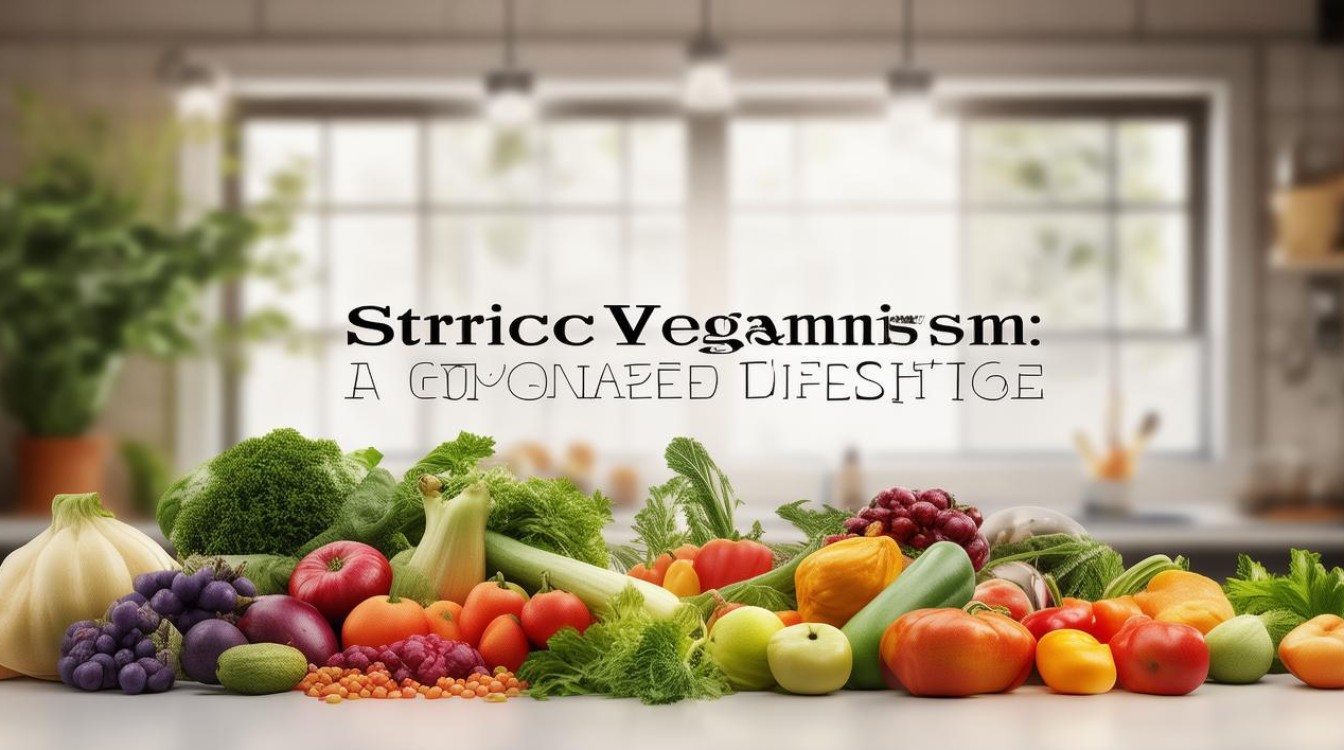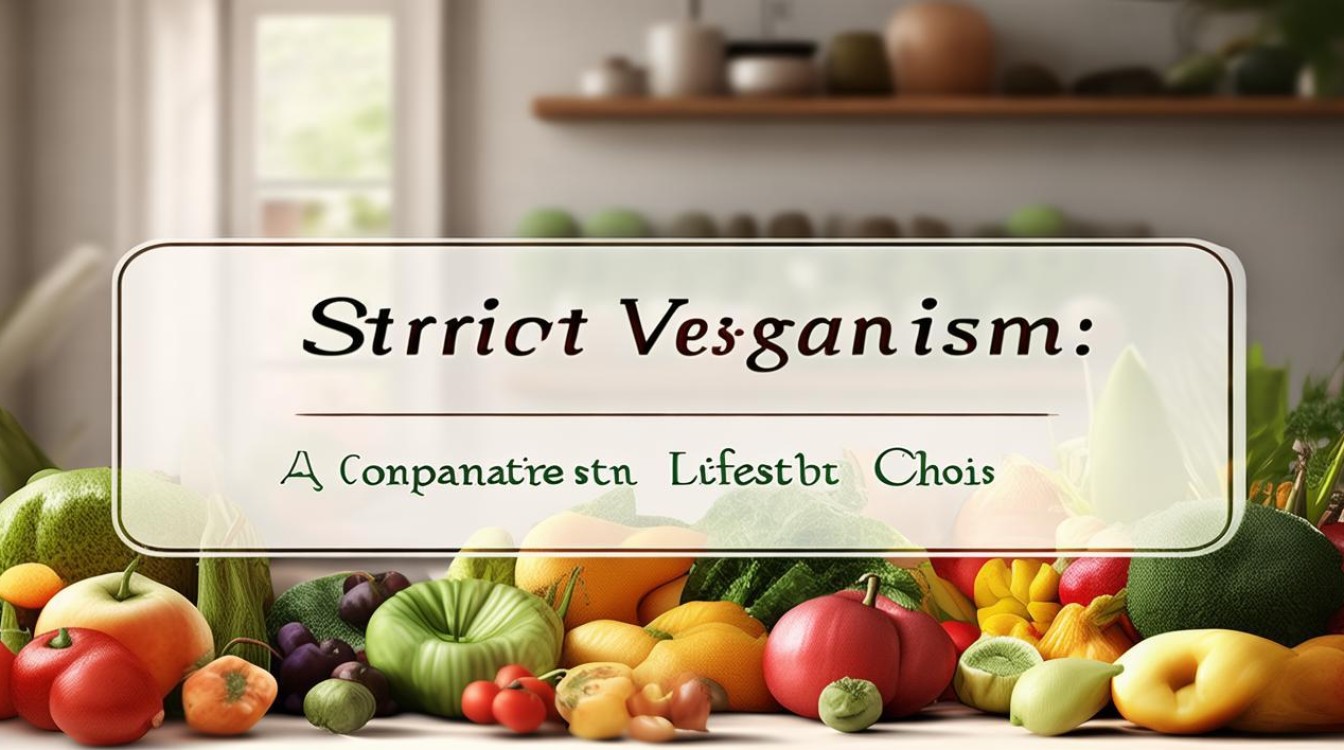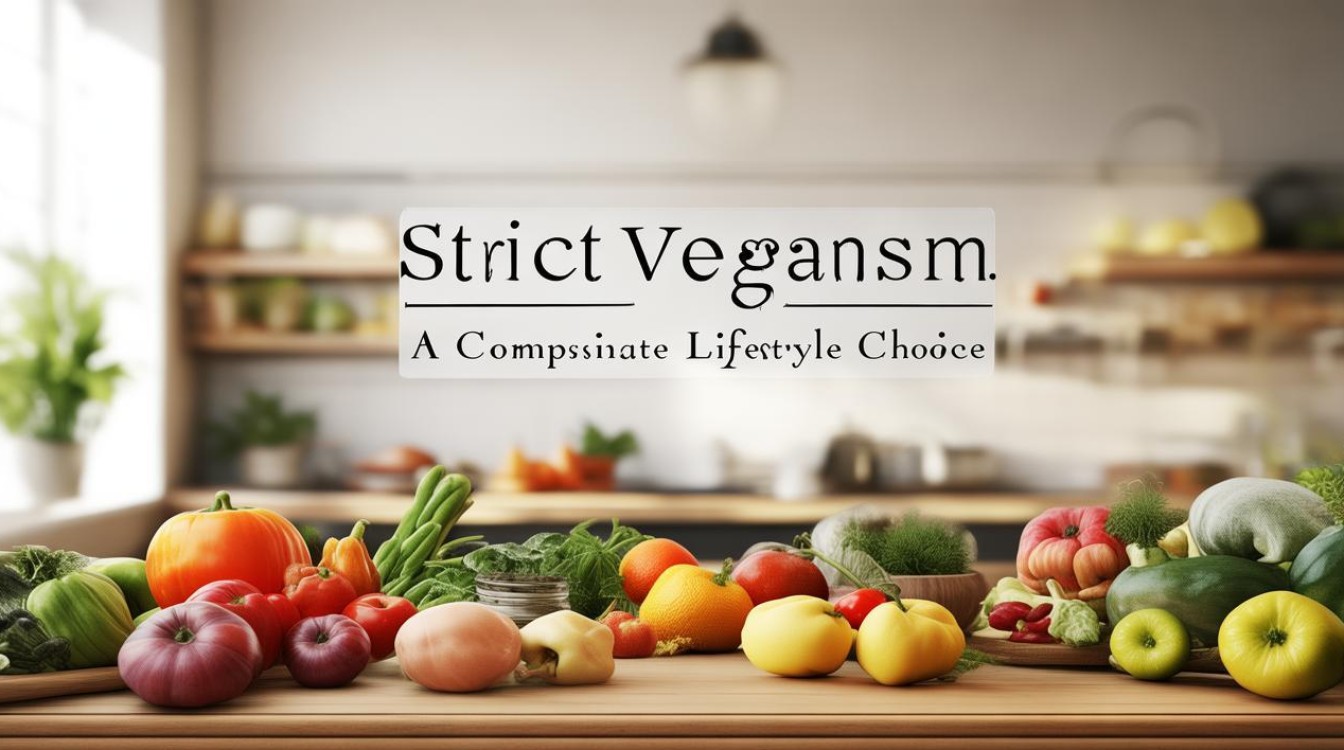The rise of strict veganism reflects a growing global awareness of ethical, environmental, and health concerns. Unlike standard vegetarianism, which may include dairy or eggs, strict veganism eliminates all animal-derived products, advocating for a plant-based diet and cruelty-free living. This lifestyle extends beyond food, influencing clothing, cosmetics, and daily habits.

Ethical Foundations of Veganism
At its core, strict veganism is rooted in compassion. Industrial farming often involves practices that compromise animal welfare, such as overcrowding, forced breeding, and premature slaughter. By rejecting animal products, vegans oppose systemic cruelty. Philosophers like Peter Singer argue that sentient beings deserve moral consideration, making veganism an ethical imperative.
Critics claim humans have historically consumed meat, but modern farming’s scale and methods are unprecedented. The ethical vegan stance isn’t about rejecting tradition but responding to contemporary exploitation.
Environmental Impact
Animal agriculture is a leading driver of deforestation, water depletion, and greenhouse gas emissions. The FAO estimates livestock accounts for 14.5% of global emissions—more than all transportation combined. Plant-based diets require significantly fewer resources. For example, producing 1kg of beef consumes 15,000 liters of water, while lentils need just 50 liters per kilogram.
Deforestation for grazing land devastates ecosystems, endangering species like the Amazon’s jaguars. By choosing plants, vegans reduce their ecological footprint, aligning with climate science urging reduced meat consumption.

Health Benefits and Misconceptions
Well-planned vegan diets can lower risks of heart disease, diabetes, and certain cancers. Whole grains, legumes, nuts, and vegetables provide ample fiber, antioxidants, and healthy fats. The American Dietetic Association confirms vegan diets are nutritionally adequate for all life stages.
However, critics warn of potential deficiencies in B12, iron, and omega-3s. These are easily addressed: fortified foods or supplements cover B12, while chia seeds and walnuts supply omega-3s. Iron from spinach or lentils pairs well with vitamin C-rich foods to enhance absorption.
Cultural and Social Shifts
Veganism challenges cultural norms centered around meat. Holidays, family gatherings, and fast-food industries often prioritize animal products. Yet, global trends show change: Beyond Meat and Impossible Foods have mainstreamed plant-based options, and cities like Berlin and Los Angeles boast thriving vegan scenes.
Social media amplifies awareness, with influencers sharing recipes and documentaries like Cowspiracy reaching millions. Skepticism persists, but accessibility to vegan alternatives is transforming perceptions.

Practical Tips for Transitioning
Adopting strict veganism requires planning but needn’t be overwhelming. Start with simple swaps:
- Replace dairy milk with oat or almond milk.
- Use lentils or tofu instead of meat in familiar dishes.
- Explore ethnic cuisines, such as Indian dal or Ethiopian injera, which are naturally plant-based.
Reading labels is crucial. Ingredients like gelatin (derived from collagen) or casein (a milk protein) appear in unexpected products. Apps like Is It Vegan? simplify shopping.
Addressing Common Challenges
Dining out or traveling can seem daunting, but many restaurants now label vegan options. Websites like HappyCow list vegan-friendly eateries worldwide. For skeptics questioning protein intake, legumes, quinoa, and tempeh offer complete proteins without animal sources.
Another hurdle is social pressure. Friends or family may question the choice, but framing veganism as a personal health or environmental decision often eases tensions. Sharing meals—like a hearty vegan chili—can dispel myths about flavor or satisfaction.

The Bigger Picture
Veganism isn’t a panacea, but it’s a actionable step toward sustainability and ethics. Individual choices collectively impact industries; the rise of plant-based markets pressures agribusiness to adapt. While systemic change requires policy shifts, consumer demand drives progress.
For those curious, experimenting with Meatless Mondays or vegan breakfasts is a low-commitment start. The key is mindfulness—recognizing how daily choices ripple outward. Whether motivated by health, animals, or the planet, strict veganism offers a path to align actions with values.
Living vegan isn’t about perfection but progress. Every plant-based meal is a vote for a kinder, greener world. As awareness grows, so does the potential for meaningful change—one plate at a time.


